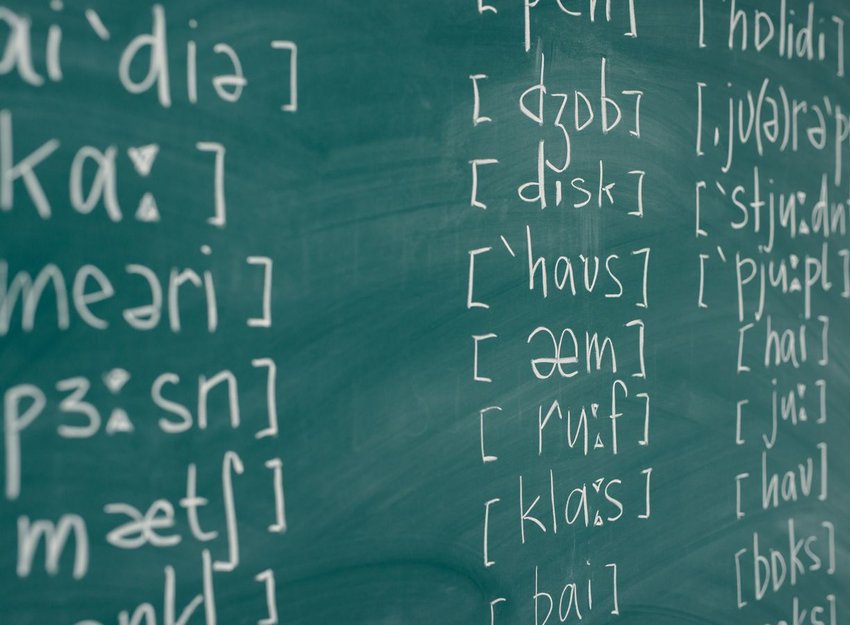"Schwa" is more than just a fun word to say. It’s that upside-down “e” seen in the dictionary, squeezed into a string of phonetic symbols. If you’re not a linguistic student, that schwa might not mean much. But the schwa is indeed a very big deal.
How to Pronounce "Schwa"
A "schwa" is the "ǝ" symbol in the International Phonetic Alphabet (IPA). It is an unstressed syllable pronounced like “uh.” Most of the time, this syllable comes in the middle of a word — notice how the “e” in "dozen" and the “o” in "memory" don’t have an outsized presence in the pronunciation of the word.
The word "schwa" comes from the Hebrew word shva. When reading Hebrew, two dots beneath a letter indicate a schwa. In English, there isn’t a visual indicator other than in the IPA pronunciation in the dictionary. That upside down "ǝ" symbol indicates the pronunciation of the “uh” of "schwa."
Unseen, But Still Spoken
Sometimes a schwa isn’t a letter at all but a phonetic element. It shows up when pronouncing a word, but not always when spelling it out. These words have no vowels to indicate a schwa. For instance, the schwa in "rhythm" comes in the second syllable, so the IPA pronunciation reads as "ˈrɪð əm."
There’s no vowel spelled in that second syllable, but as seen in the pronunciation guide, the schwa is there. It’s kind of like having a silent "e" at the end of a word, except, in this case, it’s an invisible schwa.
Which Languages Use a Schwa?
The function of the IPA symbols is to provide an understandable guide for learners, no matter their native language or accent. They have a Hebrew origin, but schwas appear in at least eleven other languages, including Albanian, Dutch, Malay, and Korean.
Each of these languages represents the schwa in a different way. In Albanian, it's a diaeresis (two dots) over an "e". In Dutch, it’s a digraph (two letters) of "ij," and in Malay, it’s shown with a symbol that looks like an upside-down "v". Regardless of how it looks, the schwa sounds the same in every language.
Some languages even omit schwas entirely in their pronunciations. The schwa is still technically there, but the speaker chooses not to pronounce it. This is a common phenomenon in Hindi and French, but American English does it, too. Listen to how we pronounce words like "chocolate," "every," and "camera." In each one, the schwa in the middle of the word disappears.

